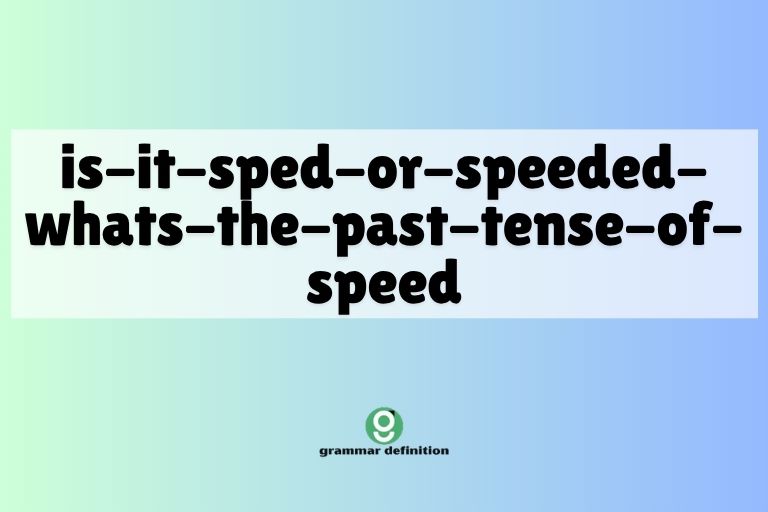Similes For Good: Mastering Comparisons in English
Similes are powerful tools in the English language, allowing us to create vivid imagery and make our writing and speech more engaging. Understanding how to use similes effectively is crucial for clear and impactful communication. This article provides a comprehensive guide to similes for describing positive qualities, actions, and states, enhancing your ability to express…










